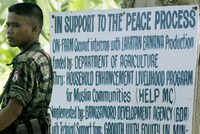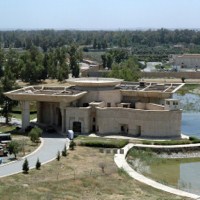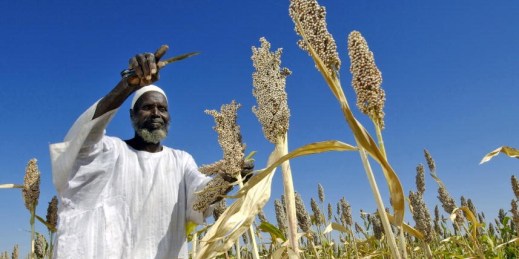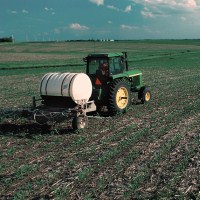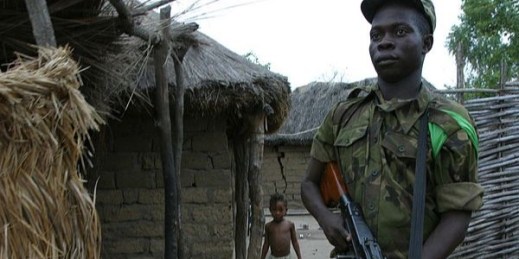
The notion of disarming, then disbanding and rehabilitating former soldiers in the aftermath of conflict is as old as war itself. Tens of thousands of soldiers were voluntarily disarmed and returned to their villages after the Roman-Etruscan wars, and similar practices have followed virtually every conflict since. The expectation has always been that these activities can prevent a relapse of warfare, and potentially kick-start the long road to reconstruction. In recent times, the concept has assumed a kind of orthodoxy in the peace, security and development community. Bilateral and multilateral donors such as the United Nations (U.N.) and World Bank […]

